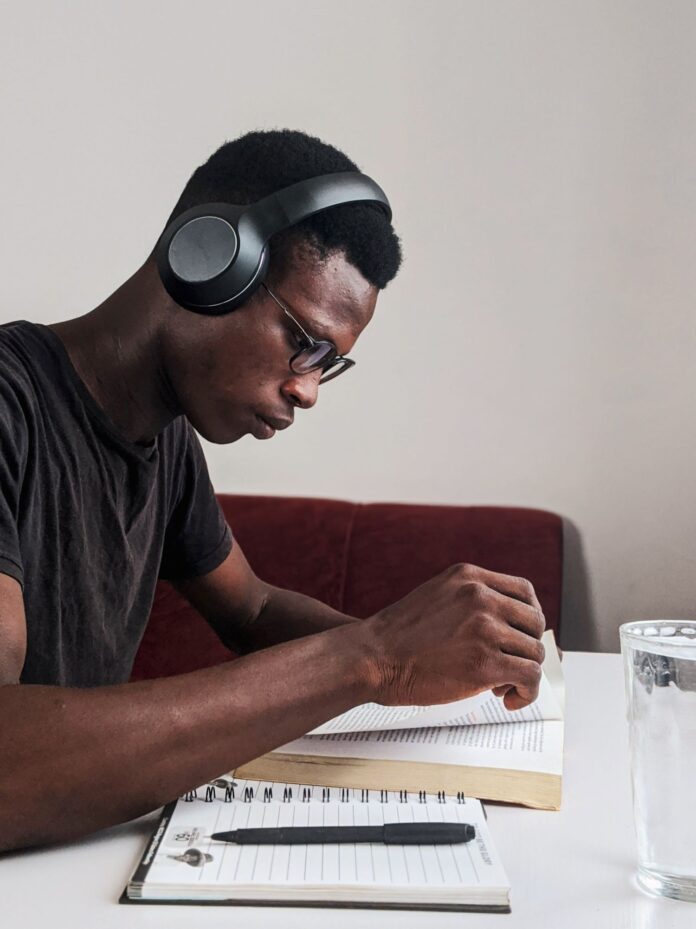
By
The United States of America has spent the last three years arguing about the pandemic’s effects on students’ academic and socioemotional well-being. Of course, this gave rise to the hodgepodge of tutoring services looking to accelerate their earnings, revanchist groups pretending to advocate for “parents’ rights” as a cover for dismantling democracy, and a plethora of people who coopted longstanding traditions from marginalized groups for their capital gains.
These movements felt contingent on the idea that our kids were doomed (DOOMED!) if adults didn’t go back to a pedagogically rudimentary disposition (“back-to-basics”) to stop this “liberal” society from falling off a cliff with their COVID-19 safety measures and mass school closures.
But, as David Wallace-Wells illustrates here, the picture is a lot more complicated:
And what it shows is quite eye-opening. American students improved their standing among their international peers in all three areas during the pandemic, the data says. Some countries did better than the United States, and the American results do show some areas of concern. But U.S. school policies do not seem to have pushed American kids into their own academic black hole. In fact, Americans did better in relation to their peers in the aftermath of school closures than they did before the pandemic.
Unlike what’s been parroted time and again, his interpretation of the data suggests that we should be concerned, but not for the reasons we kept hearing. There’s definitely more work to do on the hyper-local/district level in poring through data, but a country with thousands of school districts, myriad decision-making structures, and a pandemic that killed over a million people within its borders fared better than average.
Of course, I’d also like to pore over the data on the local level with identity markers in mind, but the article also seems to account for economic subgroups, and I’m left pondering how we can rethink our educational priorities.
Despite the jingoistic flag-waving, some do whenever this topic is brought up, The United States has never been No. 1 on these international assessments. How does the United States expect to be No. 1 in education when we’ve never authentically prioritized education for every student in America?
And what it shows is quite eye-opening. American students improved their standing among their international peers in all three areas during the pandemic, the data says. Some countries did better than the United States, and the American results do show some areas of concern. But U.S. school policies do not seem to have pushed American kids into their own academic black hole. In fact, Americans did better in relation to their peers in the aftermath of school closures than they did before the pandemic.
Unlike what’s been parroted time and again, his interpretation of the data suggests that we should be concerned, but not for the reasons we kept hearing. There’s definitely more work to do on the hyper-local/district level in poring through data, but a country with thousands of school districts, myriad decision-making structures, and a pandemic that killed over a million people within its borders fared better than average.
Of course, I’d also like to pore over the data on the local level with identity markers in mind, but the article also seems to account for economic subgroups, and I’m left pondering how we can rethink our educational priorities.
Despite the jingoistic flag-waving, some do whenever this topic is brought up, The United States has never been No. 1 on these international assessments. How does the United States expect to be No. 1 in education when we’ve never authentically prioritized education for every student in America?


